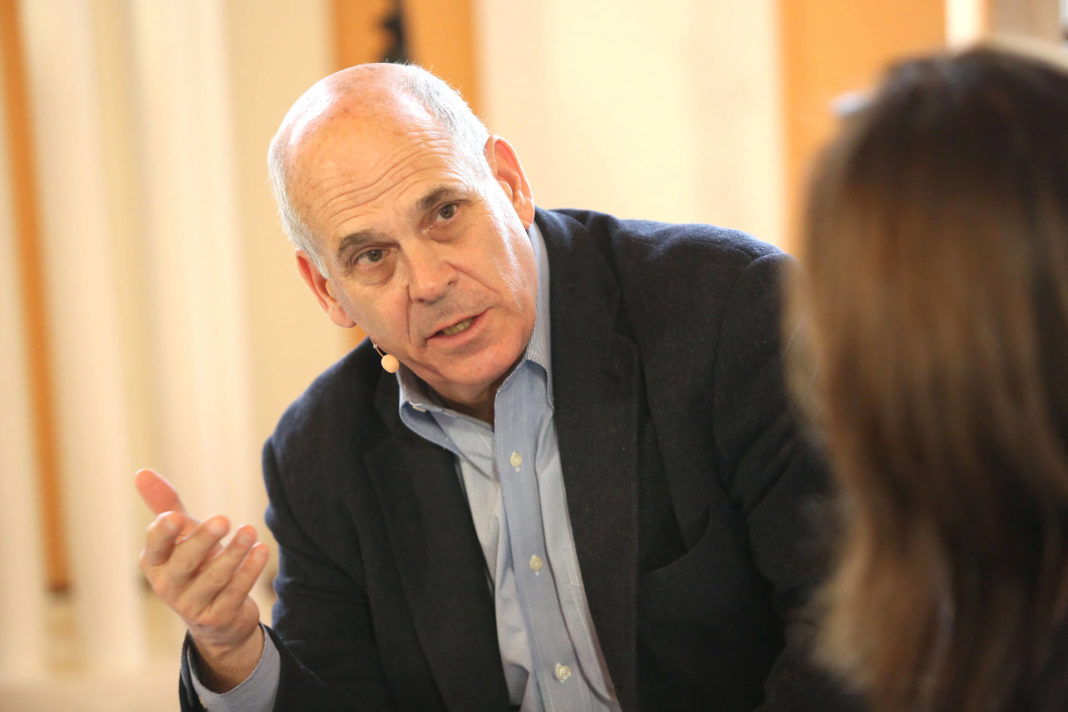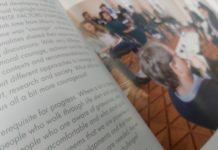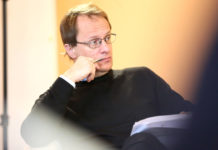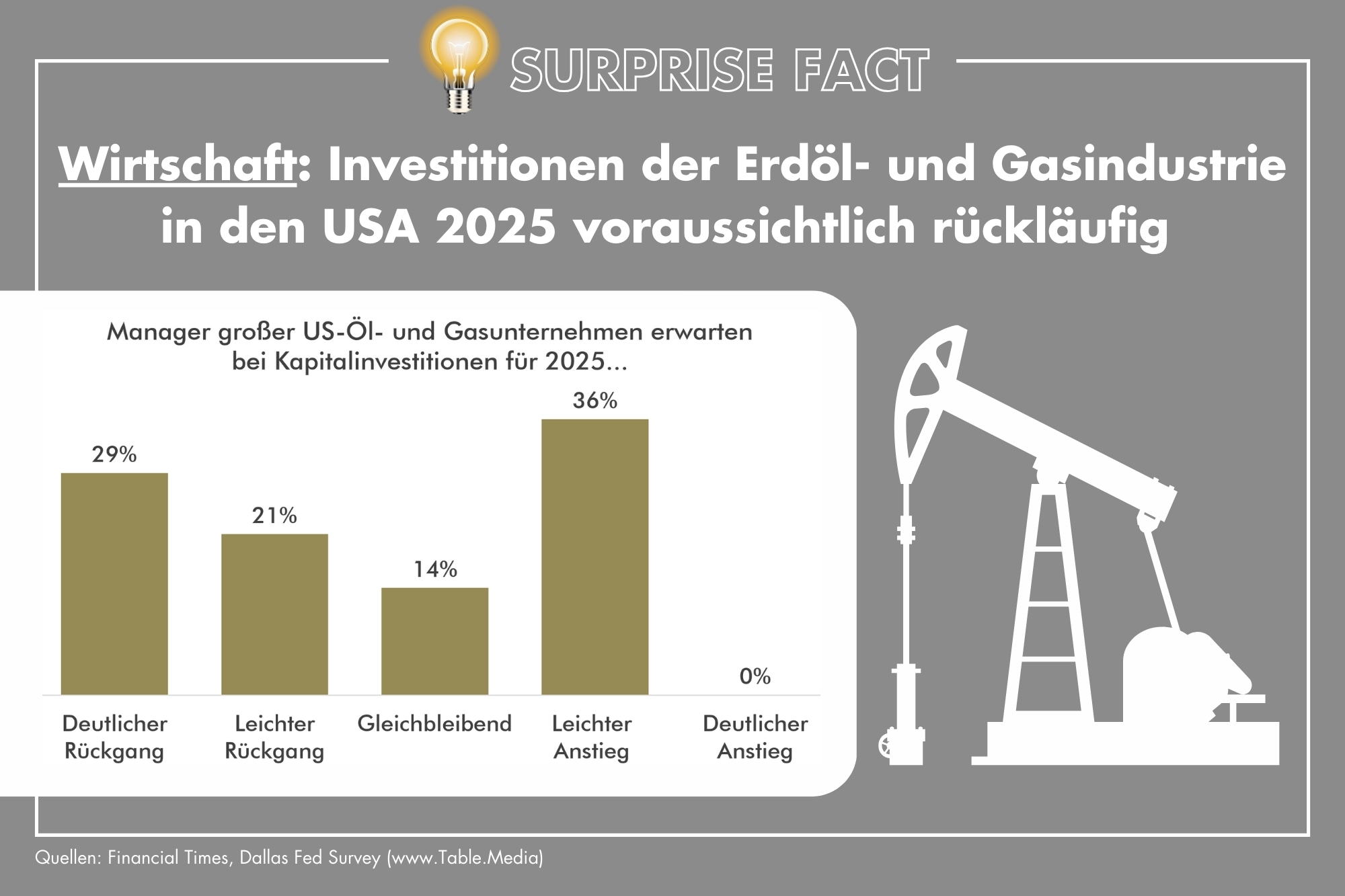We all agree: Freedom is fundamental. Without freedom we die. It is like oxygen, like water; it is the spark of existence, the essential force of life.
Without it we cannot think or speak, travel, learn, grow or love. With it we can stand tall and explore, become ourselves and become fully human. So freedom is … everything.
But what is freedom? Do we mean inner freedom or outer freedom? Freedom from or freedom to? Is freedom personal or is freedom political? Does freedom require us to act to preserve it? Or are we free to watch a crisis unfold, even if it threatens the freedom of others – and perhaps freedom itself? Do we still call it freedom when we’re allowed to make choices – and those choices later lead to addiction that then robs us of our freedom?
„Can freedom from one become tyranny for others?”
What happens when an act undertaken in the name of freedom:
- overthrowing a tyrant and liberating the people of that nation
- later turns into an act that takes away other people’s freedom
- the swamping of a small village by an overwhelming number of freedom-seeking refugees?
Is it freedom when a leader emerges on the world stage to carry his nation to its own liberation, and then comes out in favor of taking away women’s reproductive rights and taking away the political freedoms of gay and lesbian citizens of his newly freed nation?
Are there freedoms that, left unchecked and allowed to grow without restriction, have the capacity to destroy themselves? Is that what we’re witnessing with free market capitalism? Could the freedom to pollute the planet and create massive climate change translate into the freedom to destroy the planet?
Does freedom entail both rights and responsibilities? Can you have one without the other? We insist on our freedom – but do we demand to be held responsible? What about the freedom of the artist to write, compose, draw, paint, sculpt what he or she feels? Is that freedom? Or does the tyranny of the commercial market mean that even art must answer to a monetary master?
Is there such thing as too much freedom? Or freedom carried too far? In poetic terms, is freedom the right of the soul to breathe? Is that enough? Is that everything? So freedom is… complicated. Or is it?
On the side of the ACADEMIA SUPERIOR pencils there is written a saying: “The future begins with our thoughts.” We come to Gmunden to think about the future, to think differently, to listen and learn to be open to new thoughts – to challenge our old assumptions and to generate fresh approaches to old and difficult problems. Albert Einstein said, “We cannot solve our problems with the same thinking we used when we created them.”
We struggle to make sense of freedom, to understand it. We struggle to deal with the challenges of people who aren’t free and the challenges of people who want to keep themselves free in the face of complications. We get caught up in the complications of freedom and not in the simplicity of freedom.
What if it is one sentence: “Freedom is not about me, it is about you.” Ultimately freedom cannot be about “me” and “my freedom.” Ultimately freedom has to be about ”you“ and ”your freedom“. The refugee crisis is a challenge to the freedom of others, not of me. The economic meltdown of 2007–2008 was a failure of “us” and a triumph of “me.”
Today we live in an Age of Disruption. In business we see it in every sector; but we don’t look for it in politics and economics and social systems. But it is there. When we look at the question of freedom and refugees or freedom and addiction, we see the disruption of past agreements by new challenges. Yet we are using the same software from the past to solve new challenges.
„We live freedom to keep freedom alive.”
The question for ACADEMIA SUPERIOR is, what are the new operating systems, the new hardware inventions, the new software and the new apps that will do more than tinker with small fixes; that will generate fundamentally new answers? We know that we are in a time of great transition; and we know that transitions present great opportunities and great peril. Transitions require change. We are in the most danger when we think we have won and stop changing. Even freedom needs to keep changing, keep questioning, keep adapting. Freedom cannot be put in a museum and visited Tuesday through Sunday. We live freedom to keep freedom alive.
To guide us through this time of change we need a compass, a tool that gives us our bearings and, in a time of change, identifies those things that don’t change. Freedom is a core value. It may well be the core value, the North star of our journey into the future. But we must also travel with other cardinal directions: with respect for others, with a sense of proportion, with a great feeling of gratitude and with an unflagging sense of purpose.
We know from the gatherings of the ACADEMIA SUPERIOR each year that there are no absolute answers. But we also know that it is our unending task to keep asking questions, to keep tapping into the deep curiosity that drives us and to keep searching for the fresh possibilities that we want going forward.







